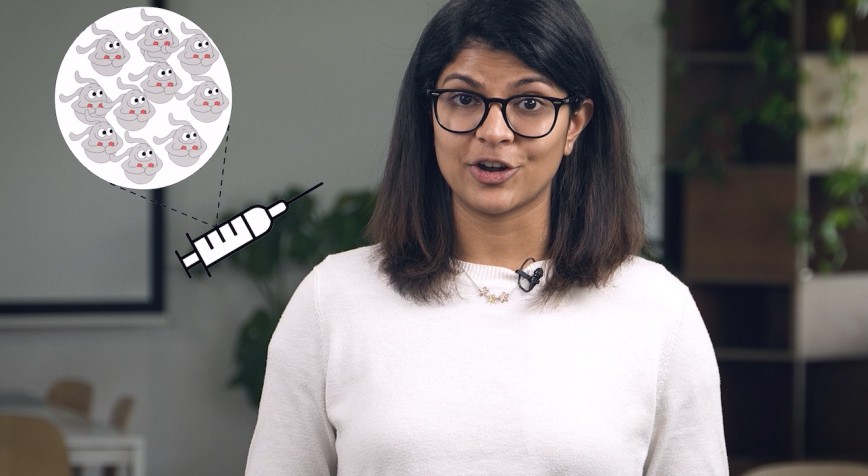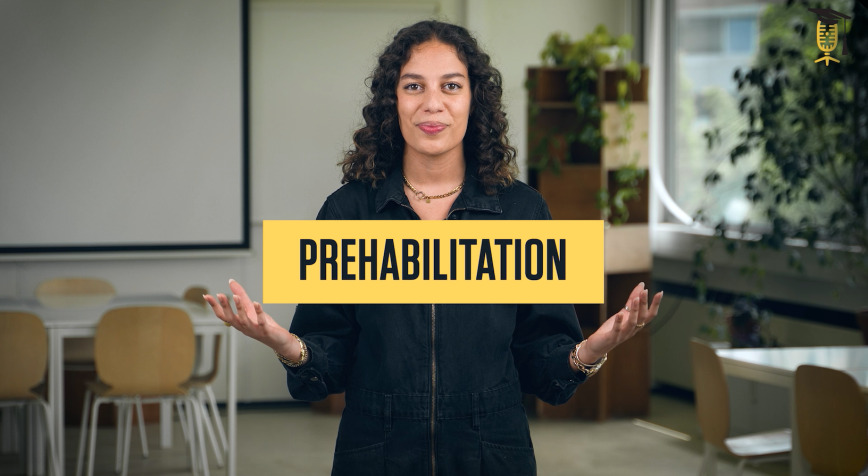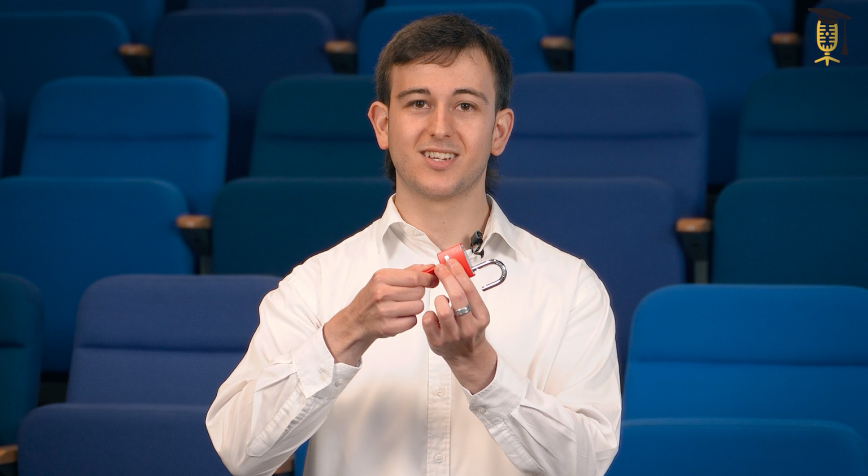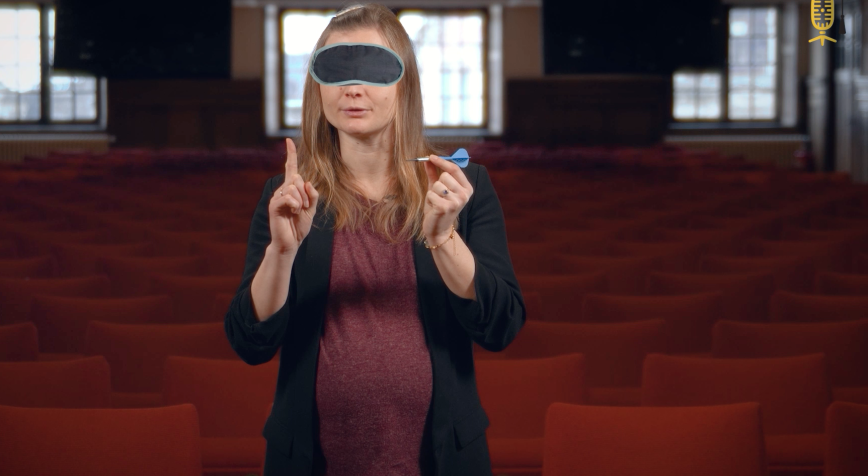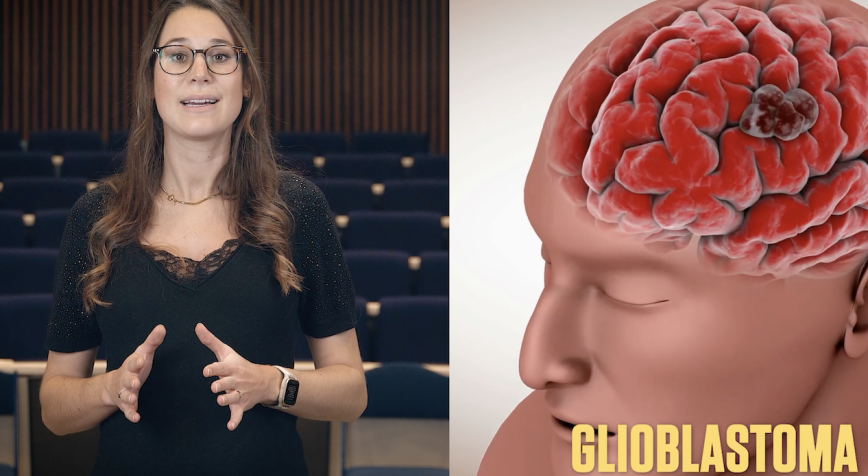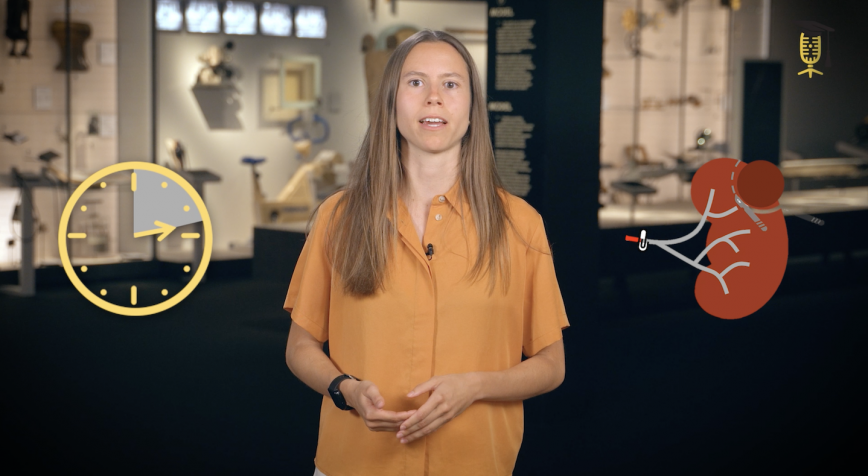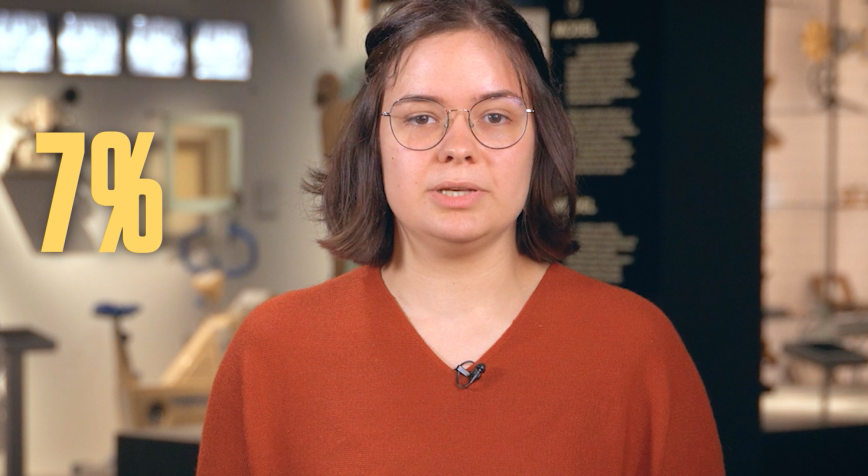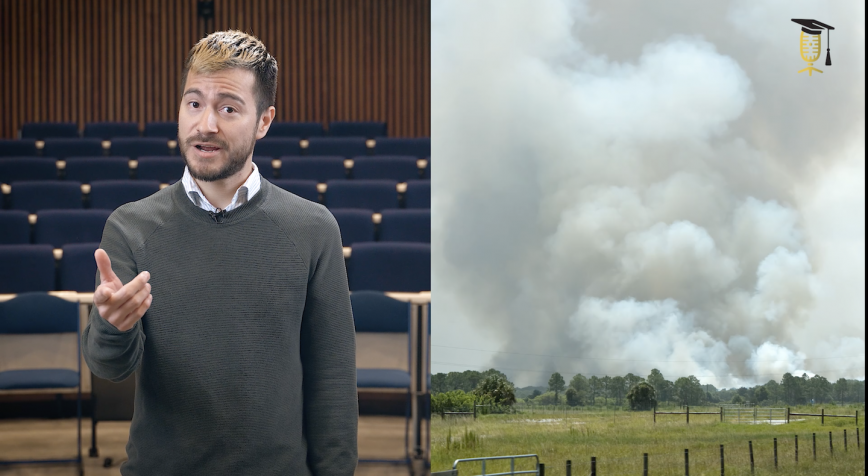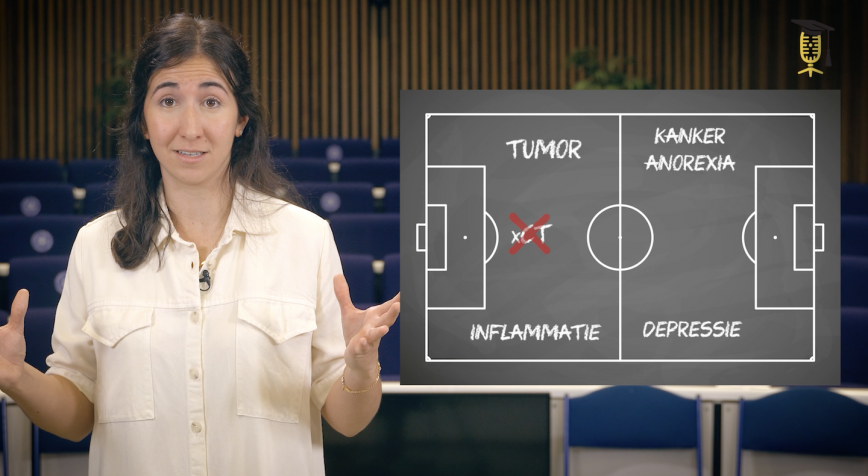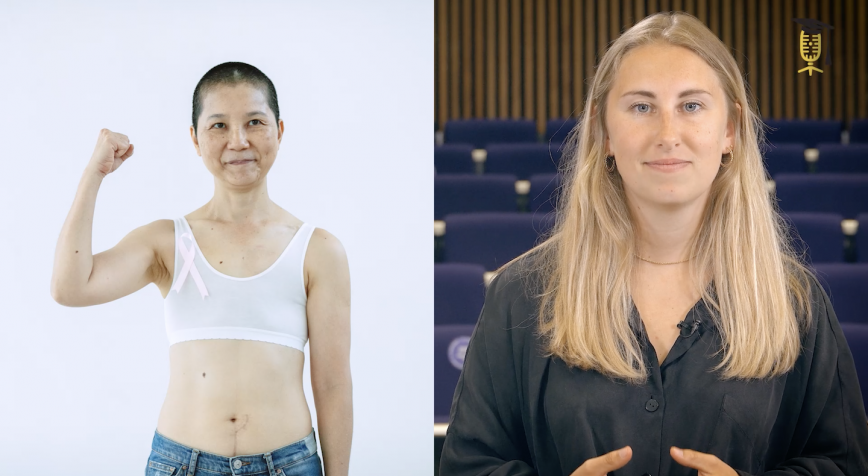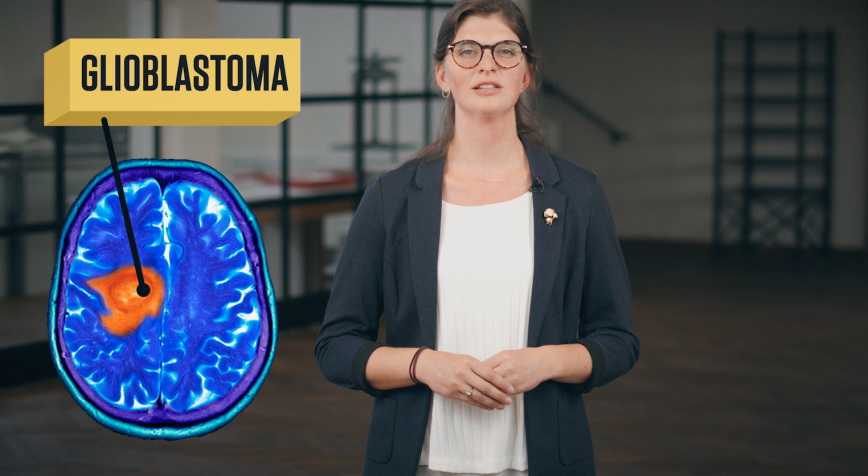
KU Leuven
UGent
Dismantle the brain tumour time bomb
If you get a glioblastoma, you usually only have about 15 months to live.This malignant tumour spreads rapidly through the brain and unfortunately cannot be cured. Yanti De Visser is working on a personalised treatment to already slow down the brain tumour - with success. "The first results show that our approach has the potential to extend patients' lives by years, rather than months," she says.
